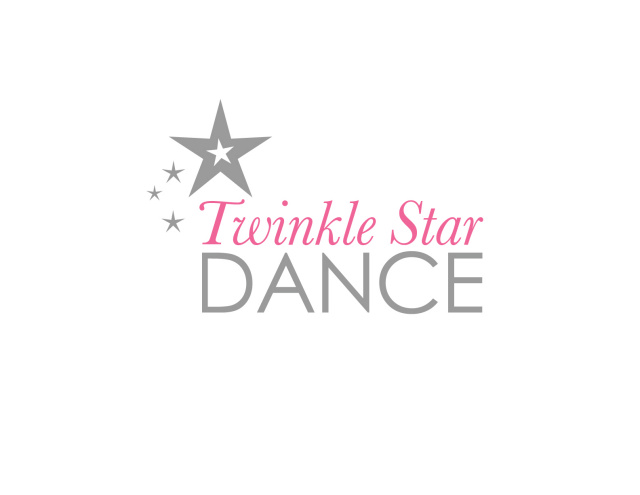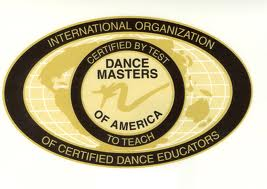So You Want a Solo
So You Want a Solo?
If you’re a dancer who hits the competition circuit, you’ve noticed a trend: Each year there are more and more solos at dance competitions. These soloists are dancers who have the guts to get onstage by themselves, are confident about their abilities, and aren’t afraid to accept the judges’ criticism. Most important, they are the dancers who are technically and emotionally ready for the experience. Or are they?
Twenty years ago, only a few deserving students from each studio danced solos. Today, though, just about everyone who wants to do one, does. So what’s wrong with that, you’re wondering?
Dancing a solo can be wonderful and motivational experience, but it can also be devastating. We all have seen dancers who lack confidence attempt their first solo, only to end up running offstage. Humiliation and embarrassment—two pretty nasty feelings to have as a result of doing something we’re supposed to love—take the place of the expected exhilaration and pride. In some cases, the disappointed dancer questions whether she wants to continue to dance. All this for a solo?
I’m Ready! (I Think)
You’re absolutely determined not to be embarrassed onstage, but how do you know when you’re ready to take on the challenge of a solo—and succeed?
Take a close, honest look at yourself and your dancing. You’re ready to solo when
· you have made a serious commitment to yourself and to dance;
· you’re willing to go into the studio or your basement, on your own, to focus extra time on your solo;
· you are willing to take your solo apart count by count and make sure you know what's up technically (where your arms are on every count, what the best angles are, and so on);
· you are willing to rehearse your solo full-out all the time in order to build stamina;
· you are technically ready.
OK, I Know I’m Ready—Now What?
When you finally get the opportunity to have that stage all to yourself, make sure that the audience and judges can see how much you love to dance. Focusing on the floor is a sign that you’re scared or lack confidence—look right at your audience and make them feel like they know you by the time your performance is over. If you are a true dancer, the satisfaction of an excellent performance will be all the motivation you need to to work harder to get better and better. Don’t judge how you feel about your performance by the size of the trophy or the color of the medal.
Music Does Matter
Put that CD down! You are not going to use the most popular song of the year for your solo, no matter how much you love it and are dying to dance to it! Everyone will be using that song, and you don't want to be the ninth dancer performing to it. Find something different, something you’ve never heard at a competition before. Go to your favorite music store or any other place that lets you listen to music, and spend time selecting the right piece of music for your personality.
If you’re always happy and have an outgoing personality, a somber song might not be the right choice for you. But a tune from a Broadway show might be perfect. Maybe you’re experiencing love for the first time; if so, you might want to choose a beautiful lyric song that expresses how you’re feeling. If you're a little rebellious, something totally “off the wall” might be appropriate. Whatever you choose should reflect you. Feeling strongly connected to the music gives you the extra confidence you need for a great performance.
Less Is More
I always tell dancers to leave their audience (or judges) wanting more. I think one or two good solos is enough; dancers who do four or five solos start to score lower by the time they get to the third or fourth one. Why? Because if you’re overexposed, the judges will start to focus on your flaws. Better to give one or two excellent performances than to spread yourself out to the point where none of the solos are as strong as they could be.
Walk, Don’t Run
It’s hard to be patient when you see dancers who are less talented than you performing solos at every competition. But readiness is all, so put aside your ego, take a close look at your goals and motivations, and talk to your teachers. They can offer an objective assessment of whether you’re ready to solo. Trust their judgment, do what you know you can do, and get ready for a positive performing experience!




 Powered by CityMax.com
Powered by CityMax.com